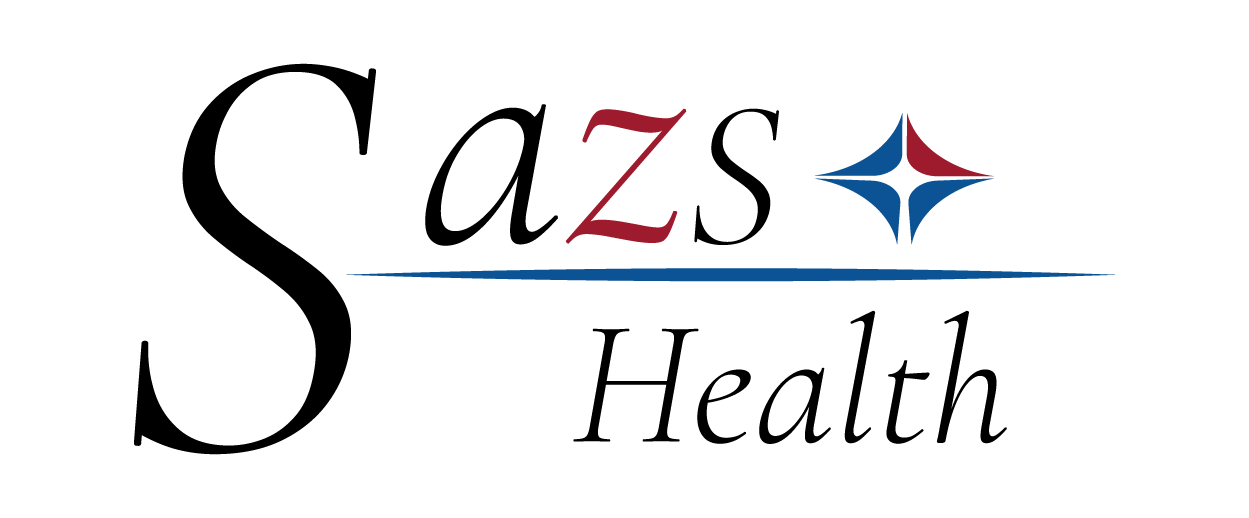ASC (Ambulatory Surgical Centers)
Ambulatory Surgical Centers (ASCs) are defined by the Medicare Carriers Manual, section 10.1, as distinct entities dedicated exclusively to providing outpatient surgical services. These centers offer a spectrum of surgical procedures that do not necessitate hospitalization or an overnight stay, such as cataract surgery, colonoscopies, and minor orthopedic procedures. Medicare maintains an “approved” list of procedures for ASCs, deemed by CMS to pose no significant safety risk and not requiring an overnight stay post-surgery.
ASC Coders and Billing staff must possess a thorough understanding of ASC payment indicators. Payments to ASCs are “packaged,” wherein related services are bundled together and compensated in a lump sum. Certain categories, like splints and casts, may not be covered under this package price and are “carved out” for additional reporting and payment. A modified payment methodology is applied to device-intensive procedures, like those specifically involving device insertion (e.g., pacemakers). Commercial plans may or may not adhere to CMS policy for ASC claim filing.
In cases of multiple coded and billed procedures, payment typically amounts to 100% of the rate for the first procedure and 50% for the second and subsequent ones, marked as “Y.” However, procedures marked “N” receive full payment regardless of submission with other procedures. ASC Billing employs Revenue Code 0490, with additional codes for various services such as pharmacy services (Code 250), medical/surgical supplies (Code 270), and prosthetic/orthotic devices (Code 274).
ASCs utilize specific modifiers (e.g., discontinued procedure 73 and 74) and modifier PT for colorectal cancer screening tests converted to diagnostic tests. Medicare guidelines (in most states) dictate that bilateral procedures should be billed by ASC facilities with CPT codes, avoiding the -50 Bilateral Procedure Modifier and preferring the -RT/-LT Modifiers instead. These modifier rules should not be applied to other payors unless instructed.
The “Global Period” or “Post-operative Period” for ASC facilities typically spans 24 hours from the commencement of surgery for Medicare patients, differing from the physician’s Global Period of 10 or 90 days. However, some payors may consider the Global Period to range from 48 to 72 hours for ASC facilities.



Sazs Health provides customized billing and revenue cycle management solutions designed specifically for rural hospitals and surgery centers of varying sizes, including critical access hospitals. Our aim is to empower these facilities to uphold financial independence while delivering expert care to their patients.
This accomplishment reflects our steadfast commitment to navigating healthcare facilities through dynamic challenges while upholding exceptional standards of patient care. It marks a significant milestone that reinforces our dedication to fostering innovation and excellence in healthcare financial management.
